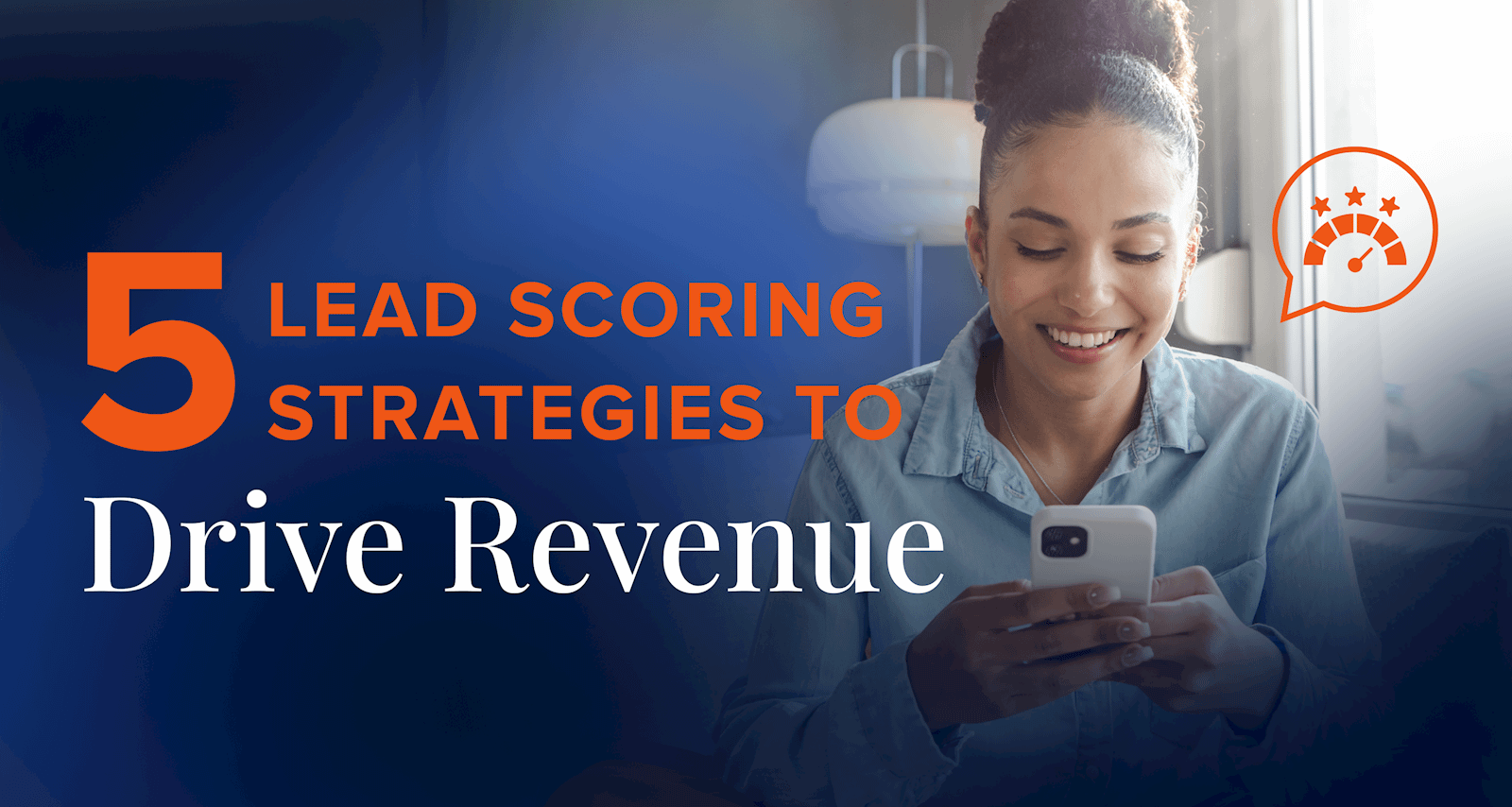What is Lead Scoring and Why Does It Matter?
Published by Spinutech on October 28, 2024

Not all leads are created equal.
But how can you tell which are more valuable than others?
The answer: Lead scoring.
Understanding which leads have the highest potential to convert into customers is just not important — it’s essential. You don’t have time or money to waste, so if you have the opportunity to be more efficient and effective in driving revenue for your business, you have to take it.
What is Lead Scoring?
Lead scoring is the process of assigning values — often in the form of numerical “points” — to each lead you generate for your business. Typically, a higher score indicates a higher likelihood that the lead will convert to a customer.
Leads are evaluated based on two types of data:
- Demographic. Financial qualification, decision-maker status, etc.
- Behavioral. Conversion point, sales activity, engagement with marketing, etc.
Lead scoring models are not one-size-fits-all. Each business has unique products, services, and customer segments, meaning their scoring models must be tailored. In fact, many businesses utilize multiple models depending on their products/services and goals.
Why is Lead Scoring Important?
Lead scoring is more than just a numbers game — it helps align sales and marketing teams to drive more qualified leads and close deals faster.
For Sales Teams:
- Target High-Value Leads: Sales reps can prioritize leads with the highest scores, focusing their efforts on prospects most likely to convert.
- Increase Efficiency: By focusing on high-value leads, sales teams can reduce wasted effort and close deals faster.
- Manage Larger Lead Volumes: With a structured scoring model, sales teams can scale their outreach without sacrificing quality.
For Marketing Teams:
- Optimize Marketing Tactics: Lead scores provide feedback on which campaigns generate high-quality leads, helping marketers refine their strategies.
- Improve Lead Nurturing: Marketing can use scores to tailor content and messaging for leads at different stages of the funnel, improving conversion rates.
- Resource Allocation: With better data, marketing teams can allocate resources more efficiently, focusing on the channels that yield the best results.
What Are Lead Scoring Best Practices?
To make the most of lead scoring, follow these best practices:
- Align Sales and Marketing: Ensure both teams are aligned on the key data points that determine a lead's score.
- Be Specific in Segmentation: Don’t lump all leads together. Create specific segments that reflect different customer journeys or products.
- Use Data, Not Emotion: Don’t trust your gut when it comes to assigning lead scores. Trust the data to effectively drive your decision-making.
- Get Input from Sales: Sales teams understand what makes a lead valuable, so their input is critical to developing an effective scoring model.
- Optimize Regularly: Lead scoring isn't a set-it-and-forget-it process. Continuously update and refine your model to reflect changes in customer behavior and market conditions.
Which Lead Scoring Model is Right for You?
Lead scoring models can be used in a variety of ways. Depending on the nature of your business, you may even benefit from having multiple scoring models.
To determine the lead scoring model that best serves your needs, consider:
- Fit vs Interest: Which is more important to driving sales for your business: Whether your leads match your ICP or whether your leads are interested in your products/services?
- Multiple Personas: Does your business serve more than one type of customer? If so, you may need different scoring models for each persona.
- New Business vs Upsell: Does your strategy for acquiring new customers differ from upselling existing ones? Lead scoring models should reflect these distinct approaches.
Get Started Building Your Lead Scoring Model
By aligning your lead scoring with your sales and marketing efforts, you can streamline your processes, focus on high-value leads, and drive more conversions.
Let’s chat about how we can build a lead scoring model that supports your business goals.